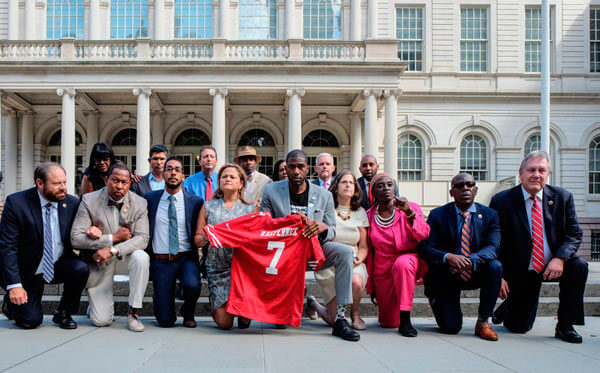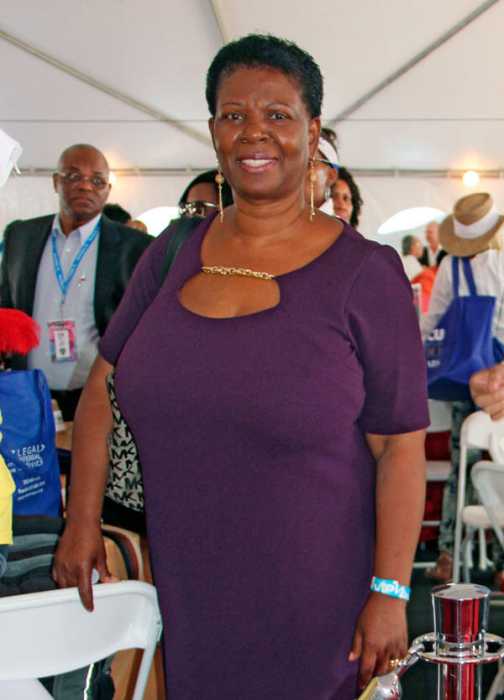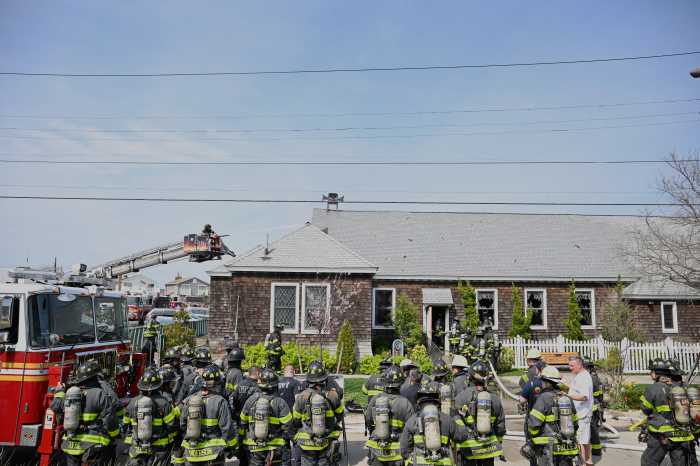As people across this country debate multiple issues around discrimination and the government’s role in them, here in New York, the City Council is seeking a law that would effectively create its own form of government-mandated discrimination.
In January, New York City Council Members Jumaane Williams, Carlos Menchaca, Rory Lancman, Ben Kallos and Elizabeth Crowley introduced legislation, referred to as “Intro. 1447,” that would require apprenticeships on virtually every construction site in the city. This apprenticeship mandate would exclude many Black and Hispanic public-housing residents from construction jobs.
The Council Members must withdraw their support for this bill as a move toward racial equality and opportunity for all.
Intro. 1447 is just one in a package of many bills proposed by the City Council to make construction sites safer for all workers. However, this bill is not about safety and does not require that construction workers meet the training standards of the federal Occupational Safety and Health Administration.
Instead, this bill is about mandating apprenticeships across the vast spectrum of construction work in this city.
Apprenticeships focus on teaching a skill, they do not ensure adequate safety training. Also, they are virtually all run by construction unions that have a history of racial discrimination and lack the diversity of New York’s non-union contractors. One example, in April 2015, Local 28 of the sheet-metal workers agreed to pay $12.7 million in back wages to hundreds of black and Hispanic workers as the result of a decades-old lawsuit over racial discrimination.
We have heard the promises of the construction unions and have seen the realities.
The Building and Construction Trades Council of Greater New York already has a track record of failing to comply with federal mandates that govern construction contracts on public-housing work sites.
These mandates require its unions and non-union contractors to hire a significant number of public-housing residents in New York City Housing Authority capital improvement projects. Instead, the Trades created a Project Labor Agreement that is not acceptable to the U.S. Department of Housing and Urban Development.
NYCHA advocates have raised this failure of federal compliance many times, but the City and unions have not corrected the problem. The City Council adding an apprenticeship mandate would create yet another barrier to employment for NYCHA residents and the broader minority community.
As former construction workers who now provide training, we have personally experienced the dangers of working on a construction site. We have worked alongside union guys who were anything but safe — either in their actions or by what they do on lunch breaks.
Non-union workers live and support their families by the quality of their labor, gaining access to work should be by measurements of ones merit, not who one knows.
Additionally, mandating apprenticeships at virtually every construction site throughout the city and at city-financed projects will stop many projects in their tracks. The union wage costs will increase project budgets, which will hinder affordable-housing production.
Intro. 1447 is written to serve only one community — the construction unions, who still have not provided the City with adequate data on diversity at job sites. This bill is a job killer and ensures the continued “Tale of Two Cities” that Mayor de Blasio campaigned against.
The NYCHA community, which has more than 630,000 residents — more than the population in the state of Vermont — will not be satisfied unless a new bill is proposed that ensures construction worker safety, promotes economic equality and creates opportunities for all New Yorkers.
The City Council has a chance to prevent government-mandated discrimination. Give NYCHA leaders a seat at the table in creating this vital legislation that will save construction-workers lives and their livelihood.
Charlene Nimmons is executive director of Public Housing Communities, Inc. and Martin Allen is president of People for Political and Economic Empowerment.

























